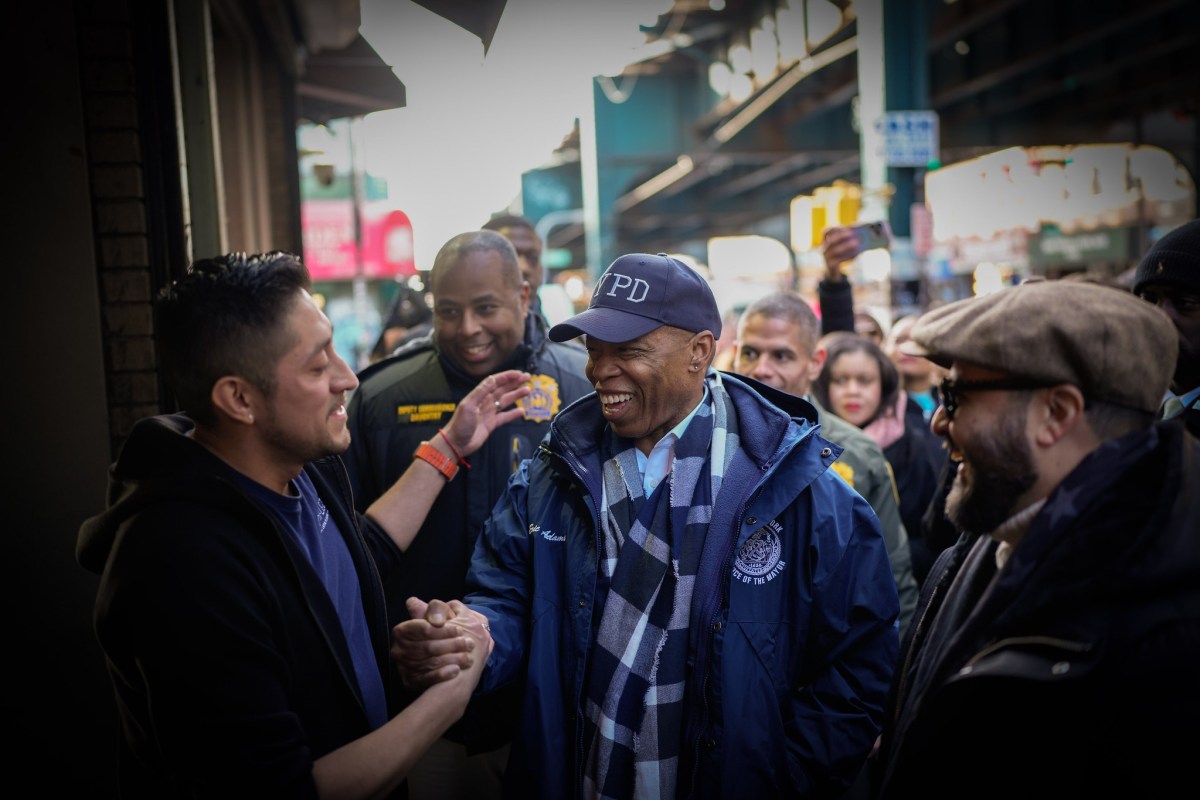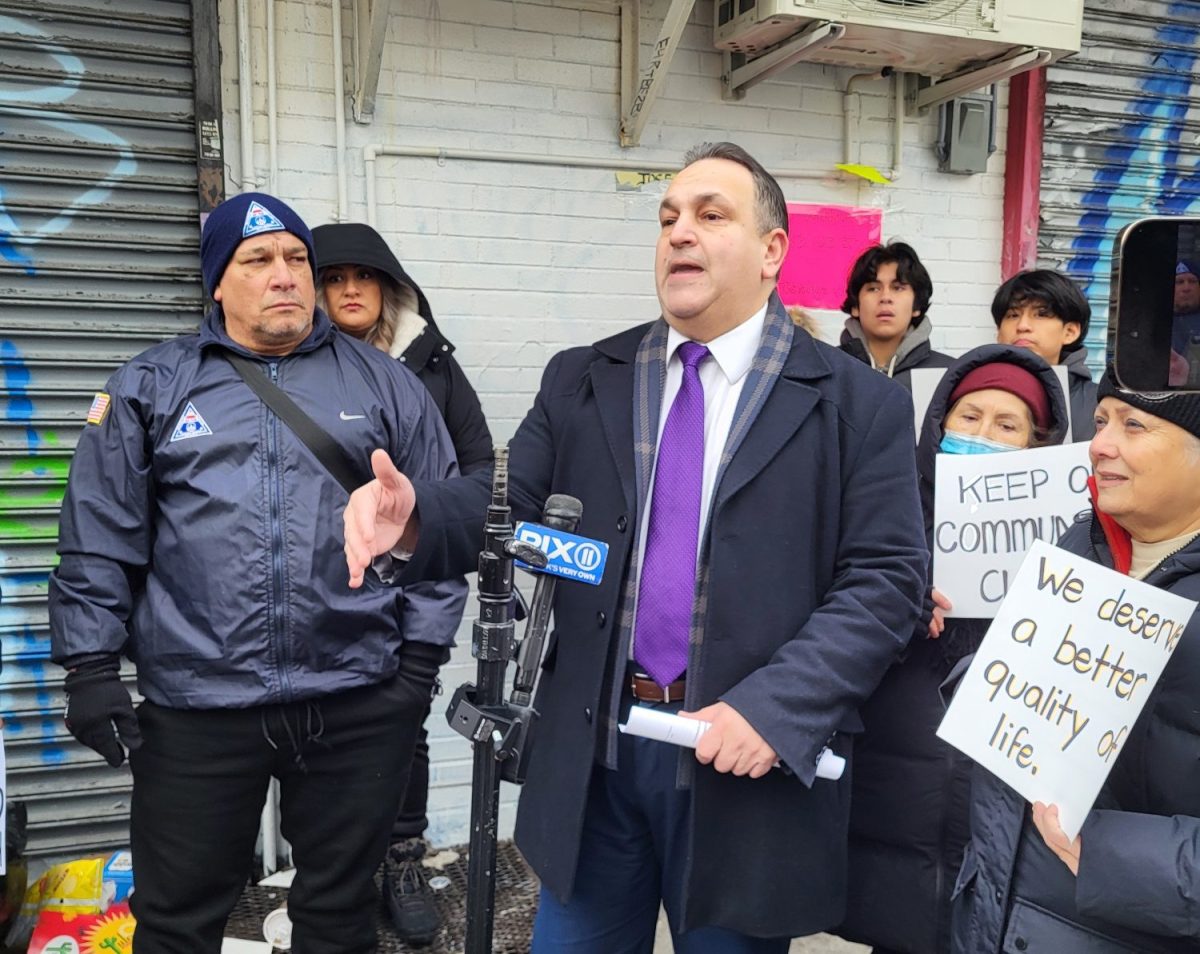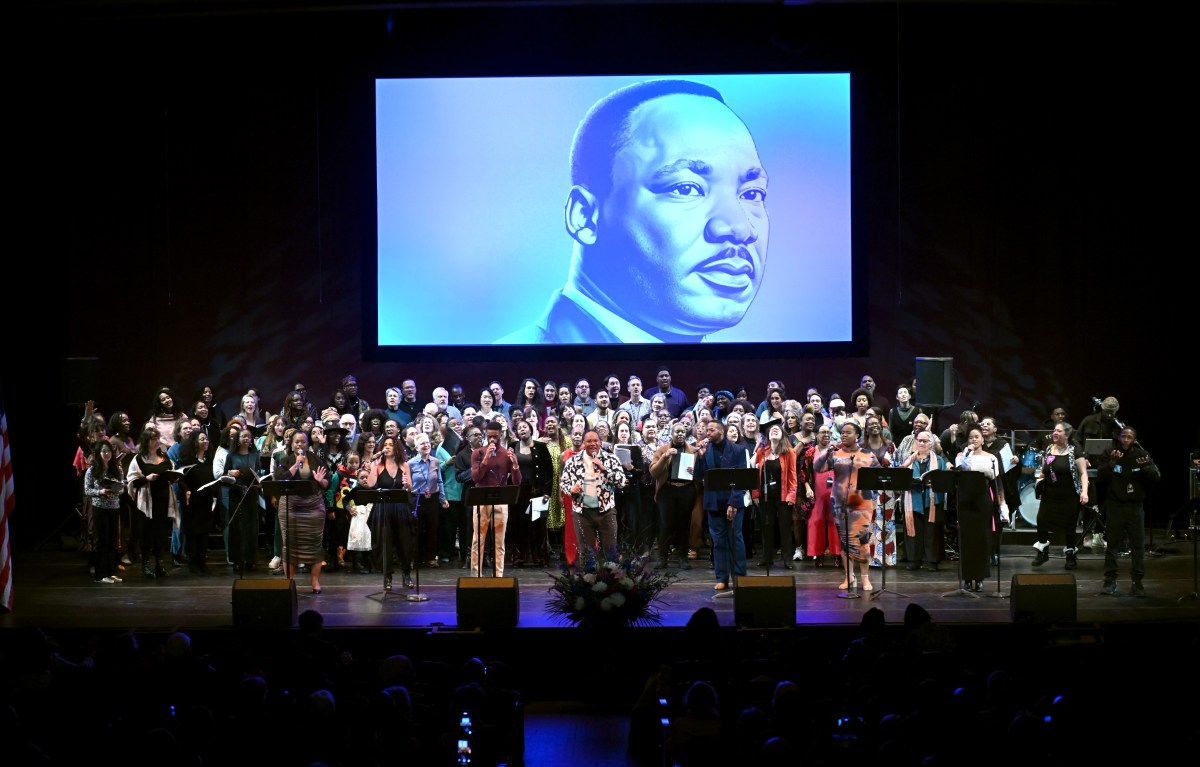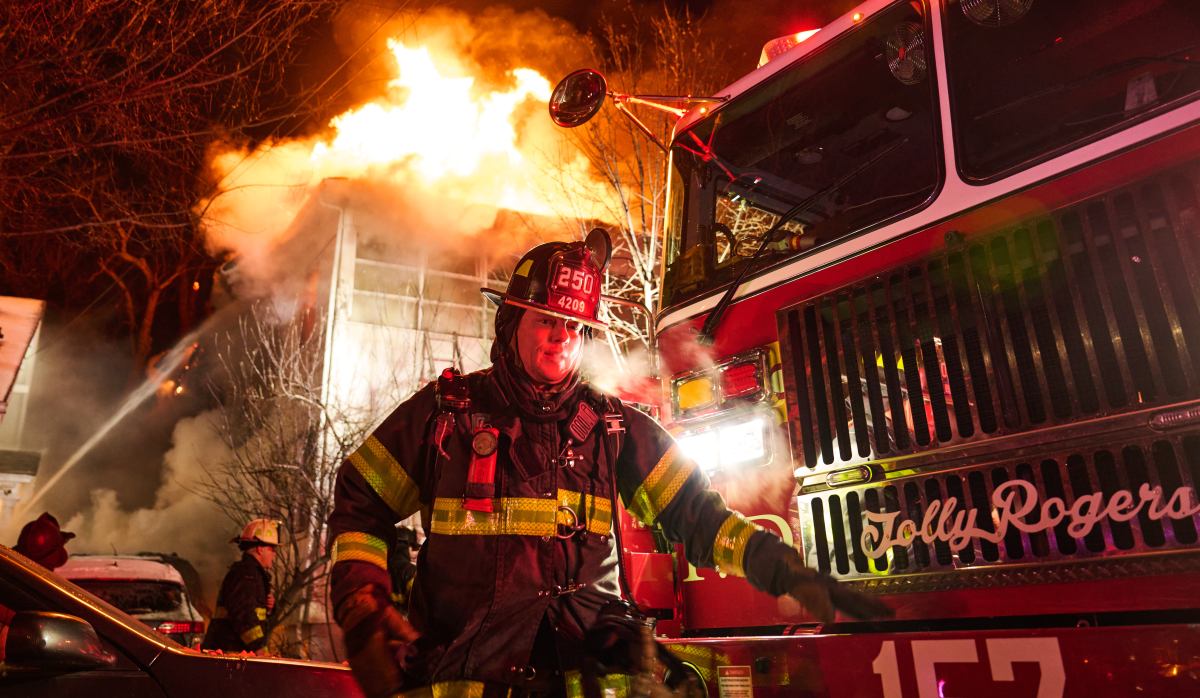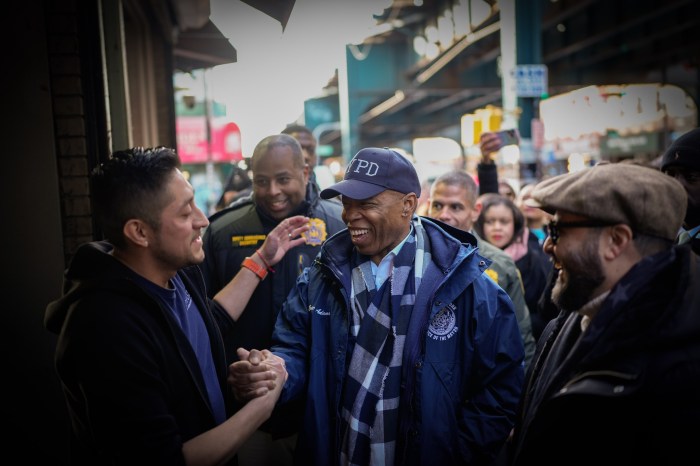The NYPD’s newly appointed deputy commissioner for intelligence and counter-terrorism, John Miller, addressed the Joint Terrorism Task Force earlier this year at an off-site location on the West Side. “You guys may not believe this,” Miller said, “but we [the NYPD] don’t care about credit. We don’t care about control.”
The statement reflects the “collaborative” anti-terrorism policy of Commissioner Bill Bratton — markedly different from the go-it-alone approach of predecessor Ray Kelly and his deputy commissioner for intelligence, David Cohen.
Whether the collaboration translates into better law enforcement is unclear. But tensions between the NYPD and its law enforcement partners have eased.
“Bratton is pushing collaboration and it’s helping us not just in terrorism but in the criminal area — from bank robberies to kidnappings to cyberthreats,” said George Venizelos, the assistant FBI director who heads the New York office.
It’s not just the FBI that has experienced the difference. Take the Port Authority, with which Kelly feuded for years. In the middle of the night and with no explanation last fall, Kelly placed a large command vehicle on Port Authority property at the World Trade Center.
In law enforcement one-upmanship, Port Authority Police Chief Joe Dunne placed an authority police van behind the NYPD van. The two vans sat there for the next six weeks. Within days of Bratton’s swearing in this year, the NYPD removed its command vehicle. The next day, the Port Authority removed its own.
While Miller’s and Bratton’s style may be different from Kelly’s and Cohen’s, the policies remain the same, though:
The FBI bristled at Kelly’s overseas spy service in which NYPD detectives were based in terrorism hot spots to gather information. Miller, who had served as FBI spokesman, knows the bureau’s concerns but said the detectives will remain.
Like Cohen and Kelly, Miller and Bratton view “homegrown terrorists” as the greatest security threat.
Key players under Cohen and Kelly remain key players under Miller and Bratton. Chiefs James Waters and Thomas Galati remain in charge of the counterterrorism and intelligence divisions, respectively.
“The relationship has matured,” Venizelos said of the NYPD and FBI. Whether it provides better law enforcement, he said, is unknown.










